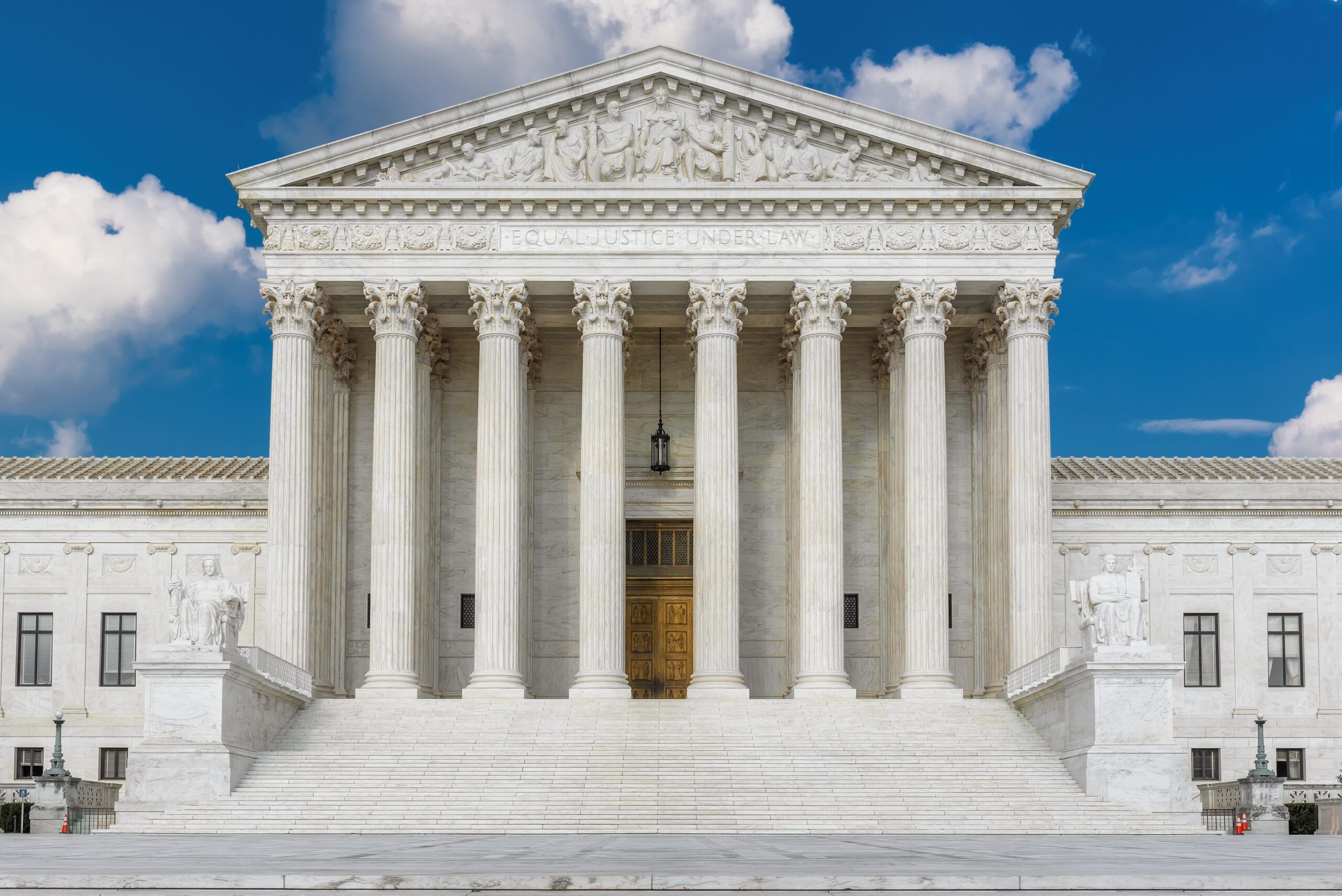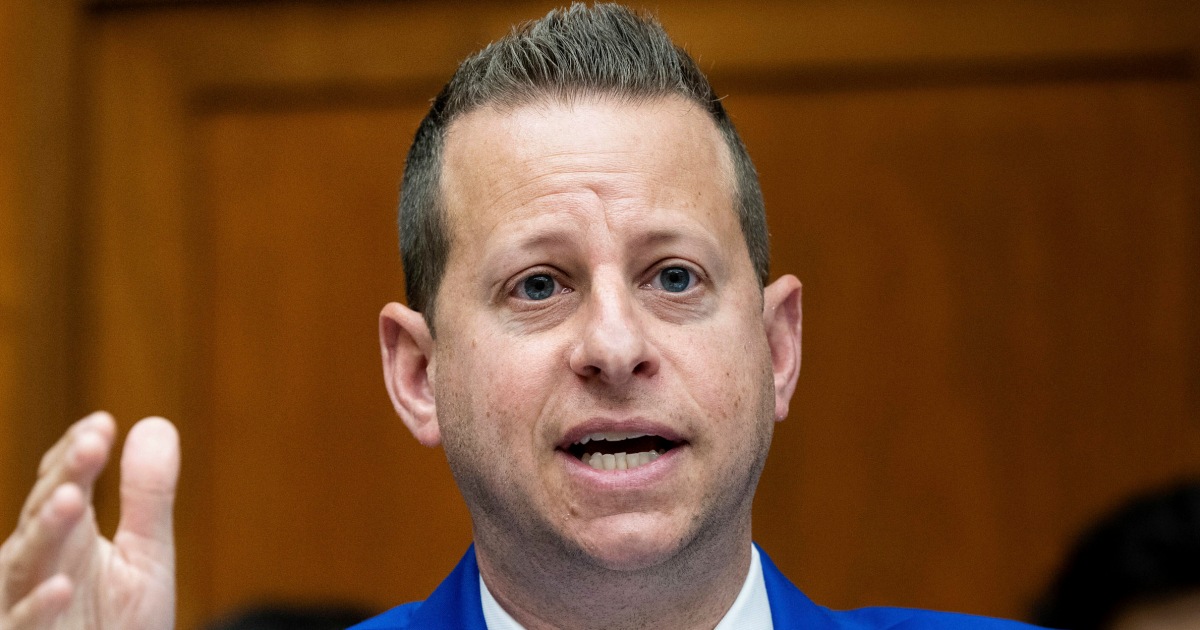Sixties Fan
Diamond Member
- Mar 6, 2017
- 58,442
- 11,067
- Thread starter
- #1,521
Follow along with the video below to see how to install our site as a web app on your home screen.
Note: This feature may not be available in some browsers.









/cloudfront-us-east-2.images.arcpublishing.com/reuters/WEXWQEEVYVMV5AQEGM4QRDISHM.jpg)


https://twitter.com/MarkJacob16
With all the arguments over whether MAGA Republicans are fascists, I reread William Shirer’s “The Rise and Fall of the Third Reich” to see how much the rise of Hitler and the rise of MAGA smell similar. Conclusion: They do. This thread lists 10 ways. Please take a look.
1. A big lie about treachery is used to foment resentment. Nazis: We didn’t really lose World War I. It was a “stab in the back” by Jews and other "November criminals." MAGA: We didn’t really lose the 2020 election. It was a “steal” by politicians and Blacks in big cities.
2. There’s an obsession with purity of the culture. Nazis: “Racial mixture” was a threat to Aryan culture, Hitler wrote. MAGA: “Great replacement theory” says immigrants threaten white culture.
3. Chaos is something to be exploited, not addressed. Nazis: Economic distress is a great political opportunity. MAGA: Economic distress is a great political opportunity.
4. The super-rich bankroll the right-wing seizure of power. Nazis: Thanks to I.G. Farben, Deutsche Bank, Thyssen, Krupp, etc. MAGA: Thanks to the Mercers, Uihleins, DeVos, Thiel, etc.
5. Some people think the fascist threat is overblown. Nazis: While Hitler posed a major threat, some said he "ceased to be a political danger.” (2 weeks later, he was chancellor.) MAGA: While Trump poses a major threat, many people think it’s “just politics,” no worries.
6. There’s a cult of personality. Nazis: The German army made a pledge of loyalty to Hitler personally. MAGA: Trump’s supporters bill him as “the most moral president” in U.S. history.
7. Christianity is used to legitimize the movement. Nazis: “The party stands for positive Christianity.” MAGA: Trump is described as the “Chosen One” protecting American Christianity.
8. Books are the enemy. Nazis: Any book that “acts subversively on our future” must be burned. MAGA: “I think we should throw those books in a fire,” says a Virginia school board member.
9. An independent news media is the enemy. Nazis: Any newspaper that “offends the honor and dignity of Germany” must be banned. MAGA: The press is the “enemy of the people.”
10. Educators are pressured to be politically compliant. Nazis: Teachers took an oath to “be loyal and obedient to Adolf Hitler.” MAGA: Florida’s DeSantis accuses teachers of “indoctrination” and pressures them to avoid references to America’s racist history and LGBTQ people.
I'm not saying that MAGA will end up as horrifically as Nazism. I am saying that America 2022 feels too much like Germany 1932, and I don't want to take the risk of watching MAGA cultism play out. We have to stop it now.
Why did Twitter put a “sensitive” warning on this thread? Who knows? My only theory is that it has a “hateful symbol”—a swastika on the cover of Shirer’s book about Nazism.